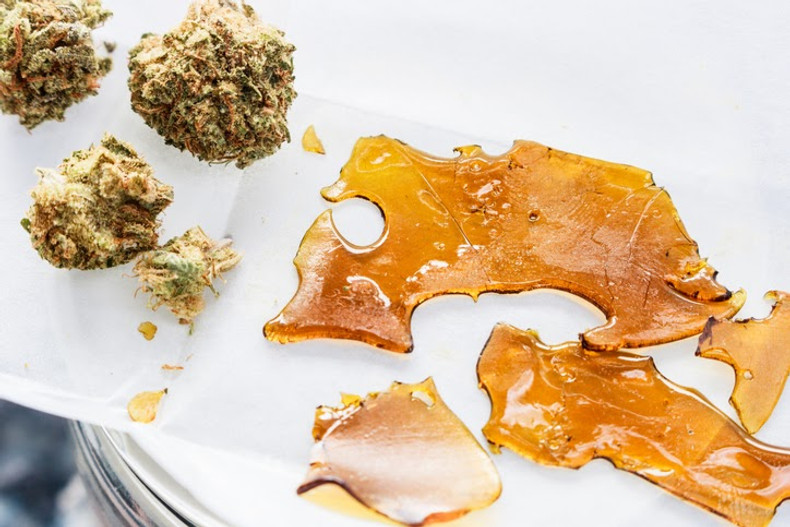Cannabis oil, often referred to as marijuana oil or CBD oil, has gained immense popularity in recent years due to its potential therapeutic benefits. As the demand for high-quality cannabis oil continues to rise, various extraction methods have emerged to meet the growing needs of both medical and recreational users. Two of the most prevalent methods are Carbon Dioxide (CO2) extraction and Butane Hash Oil (BHO) extraction. In this article, we'll explore the advantages of extracting cannabis oil using CO2 compared to BHO, highlighting the key differences between these techniques.
1. Safety and Health Concerns
Perhaps the most critical advantage of CO2 extraction over BHO is safety. BHO extraction relies on butane gas, a highly flammable and potentially explosive substance. Accidents related to BHO extraction can result in fires, explosions, and severe injuries. CO2, on the other hand, is a non-toxic, non-flammable gas, making CO2 extraction a far safer method for both operators and consumers.
The residual solvents left in BHO can also pose health risks if not properly purged. CO2 extraction produces a cleaner, purer oil with significantly lower levels of residual solvents, ensuring a safer product for consumers.
2. Purity and Quality
CO2 extraction offers a superior level of purity and quality in cannabis oil. This method allows for the precise control of temperature and pressure, which is essential for preserving the delicate terpenes and cannabinoids present in the plant. As a result, CO2-extracted oils retain a more comprehensive spectrum of compounds, creating a more potent and flavorful product.
BHO extraction, in contrast, can expose the cannabis plant material to higher temperatures, which may degrade some of the more delicate compounds. Additionally, BHO extraction is more prone to extracting impurities from the plant material, potentially leading to a lower-quality end product.
3. Versatility and Customization
One of the remarkable advantages of CO2 extraction is its versatility and customization. Operators can fine-tune the extraction process by adjusting temperature and pressure to target specific cannabinoids and terpenes. This level of control allows for the creation of specialized products, such as high-THC or high-CBD oils, which cater to specific medical or recreational needs.
BHO extraction offers less flexibility in terms of customization. It often results in a less predictable and consistent product, making it challenging to reproduce specific chemical profiles.
4. Environmental Impact
CO2 extraction is widely regarded as a more environmentally friendly option when compared to BHO. Since CO2 is a natural component of the Earth's atmosphere, there are no harmful emissions associated with its use. This method does not contribute to air pollution and is considered a sustainable approach to cannabis oil extraction.
BHO, on the other hand, relies on butane, a hydrocarbon with known environmental impacts. The production and use of butane contribute to greenhouse gas emissions, making it a less eco-friendly choice.
5. Legal and Regulatory Compliance
In regions where cannabis is legal, regulatory agencies typically impose strict guidelines on extraction methods to ensure consumer safety. CO2 extraction aligns better with these regulations due to its inherently safer nature and cleaner end products. This makes it a preferred choice for licensed producers and manufacturers looking to comply with legal requirements.
BHO extraction may face more regulatory scrutiny due to its inherent safety risks. As a result, those using BHO may encounter more significant challenges in obtaining necessary permits and complying with regulations.
6. Consistency and Scalability
CO2 extraction processes are highly repeatable and scalable, making them suitable for large-scale production. This consistency ensures that consumers receive a reliable product with each purchase, an essential aspect for both medical and recreational users.
BHO extraction is less consistent, and results can vary from batch to batch, making it less suitable for businesses aiming for uniform product quality as they expand.
Conclusion
While both CO2 and BHO extraction methods have their merits, the advantages of extracting cannabis oil using CO2 are compelling. The safety, purity, versatility, and environmental benefits make CO2 extraction the preferred choice for many cannabis producers and consumers. As the cannabis industry continues to evolve, CO2 extraction is likely to play a more prominent role in delivering high-quality and safe cannabis oil products to an expanding market.

